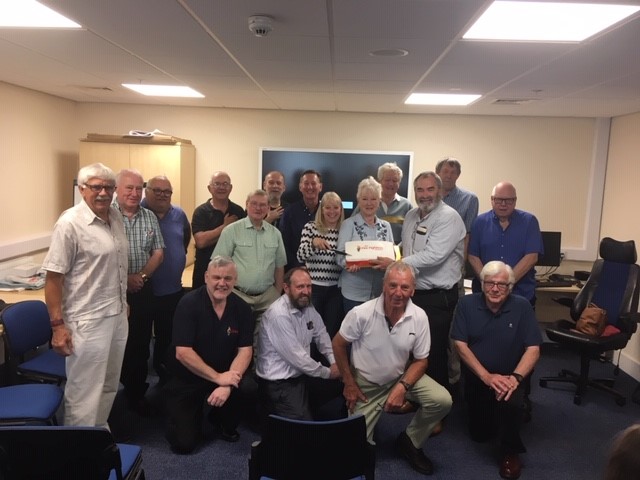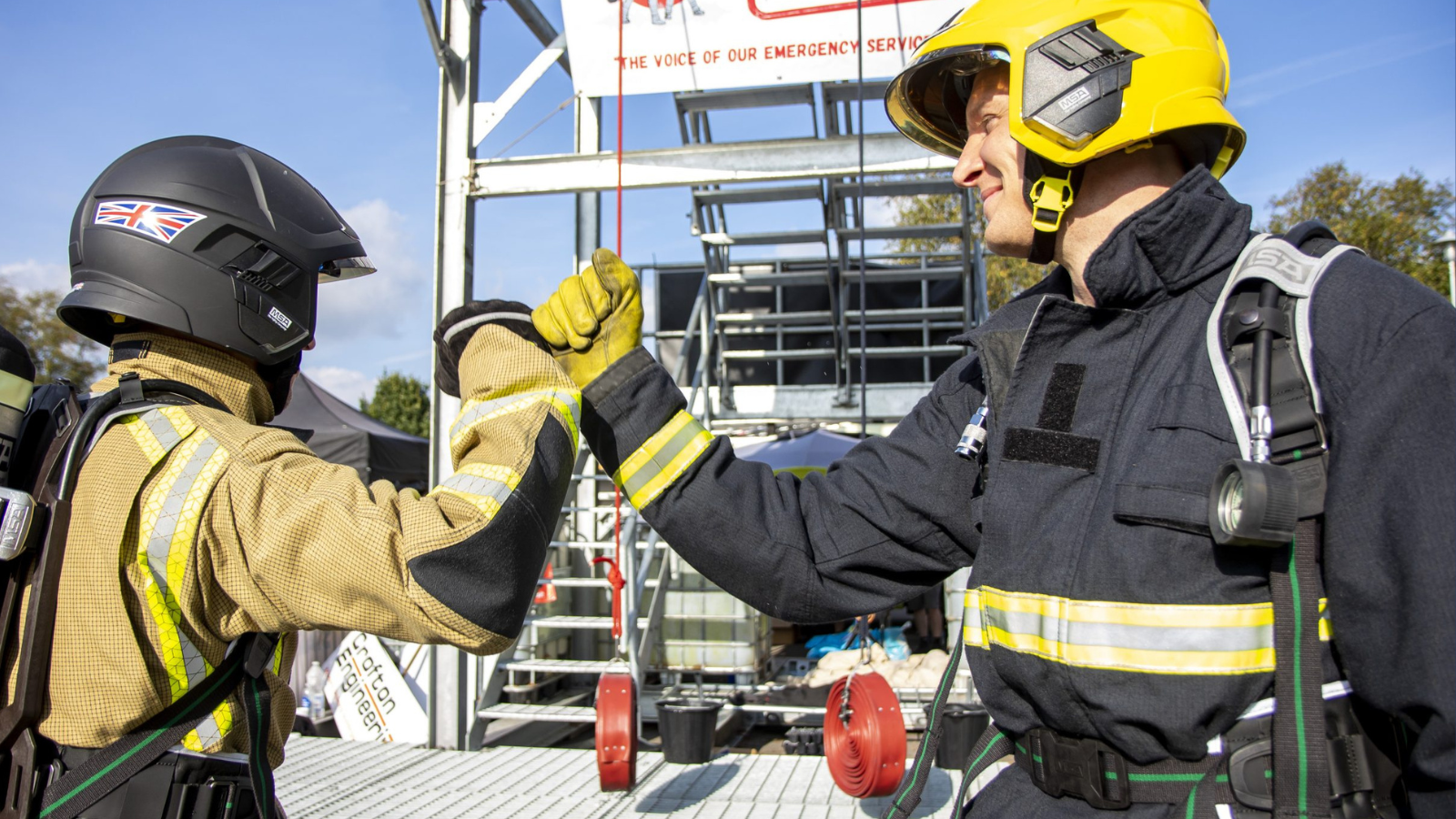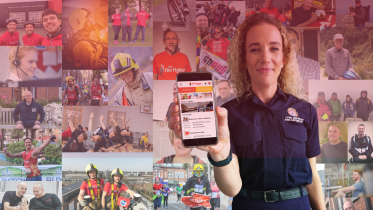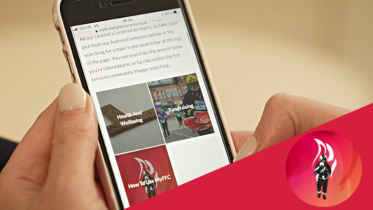Staying socially connected – however you choose to do it – has a proven positive effect on our health and wellbeing. Studies show that having good social networks and a sense of belonging can be as effective as being physically active.
Are you lonely? Are you recently bereaved? Have you started a new job? Are you struggling with a relationship breakdown? Are you still working from home and missing your colleagues? Have you recently retired and struggling to adjust?
If so, you’re not alone. Over 9 million people in the UK – almost a fifth of the population – say they are always or often lonely.
Most of us will experience loneliness at some point in our lives, regardless of age, circumstance and background.
Telling someone that you’re lonely is an important step but it’s also important to be mindful of how we talk about it. We still use words like ‘admitting’ to and ‘suffering’ from, which can unintentionally add to the belief that something is wrong with us.
There is absolutely no shame in feeling lonely and changing the language around loneliness is a positive and liberating step forward. The more we talk about it, the more we normalise it.
Loneliness has been linked to early deaths and an increased risk of heart disease, stroke, depression, cognitive decline and poor sleep. It’s as harmful to our health as smoking 15 cigarettes a day. People who feel lonely are more than twice as likely to develop Alzheimer’s (and other forms of dementia) than those who do not feel lonely
Here we have pulled together some tips to help combat loneliness in different areas of your life:
What we can offer you during retirement
Our Living Well Groups offer somewhere to socialise and reminisce with fellow retired members of your local fire and rescue.

Staying socially connected is so important, but we know that when you leave your career it can be easy to feel disconnected from the fire service and the friends you left behind. That’s why we started our Living Well Groups: to ensure no retired member of the UK fire family feels lonely or like they have nowhere to go.
You can also join a series of groups – including one dedicated to Living Well Groups – in My Fire Fighters Charity, our social space for the fire services community.
Register for My Fire Fighters Charity
Loneliness at work
- Instead of sending an email pick up the phone and speak to your colleague. Hearing a voice can be a real boost
- Build into your working day a time to step away from your desk or out of the station and get some fresh air
- Meet a colleague for lunch or coffee break – and don’t talk about work
- Host a catch up with colleagues – perhaps at the end of the working week – again, don’t talk about work
While out and about
- Wave and say hello to the neighbour you never speak with, it will mean the world
- Pop a note through your neighbour’s door checking they are okay. Perhaps suggest a street coffee morning
- If you have the time, volunteer for your local support group or charity
- Have a cup of tea with your neighbour over the hedge or the fence
- Enjoy a walk with a friend, sometimes it is easier to talk when you are outdoors
- Consider a community allotment or getting your own… gardening and being outdoors is so beneficial for your physical and mental wellbeing
While at home
- Pick up the phone and ring a friend or family member
- Invite friends round – even if it’s just to watch a movie together or a box set
- Join a book club
- Join a local club, dancing class, music group, or sports club
- Hold a knit and natter group
- Consider a pet for companionship (but remember these are a lifetime commitment)
- Take time out for your own wellbeing, maybe try some of our guided meditations?
- Its also important to look after yourself, eat a well balanced diet and keep hydrated
There are also some further tips on the NHS website here.
No one deserves to feel lonely. If you’re struggling, don’t suffer in silence. Get in touch with us and see if we can help. Contact our Support Line on 0800 389 8820, make an enquiry online here or join My Fire Fighters Charity and visit the ‘Access Support’ tab.
Created: January 2021
Updated: June 2023




